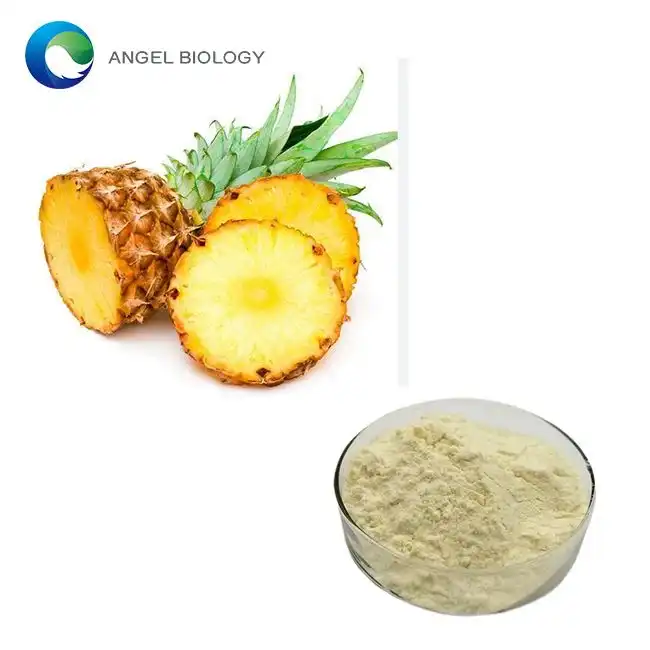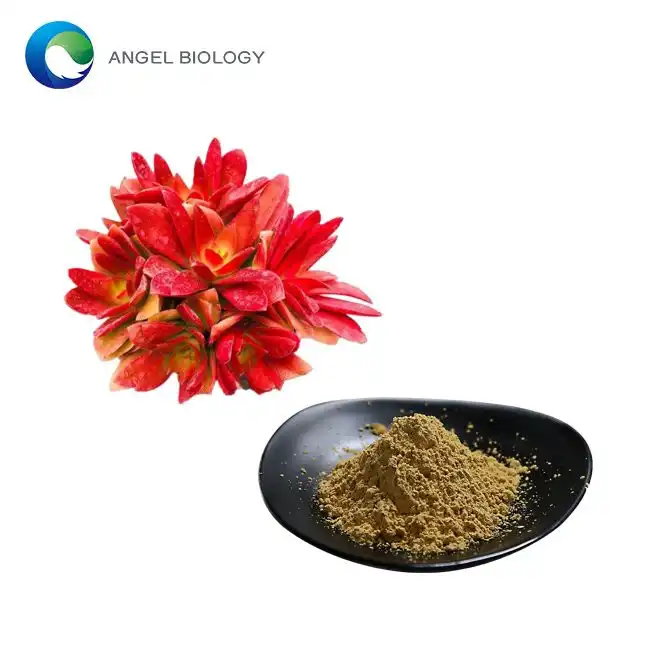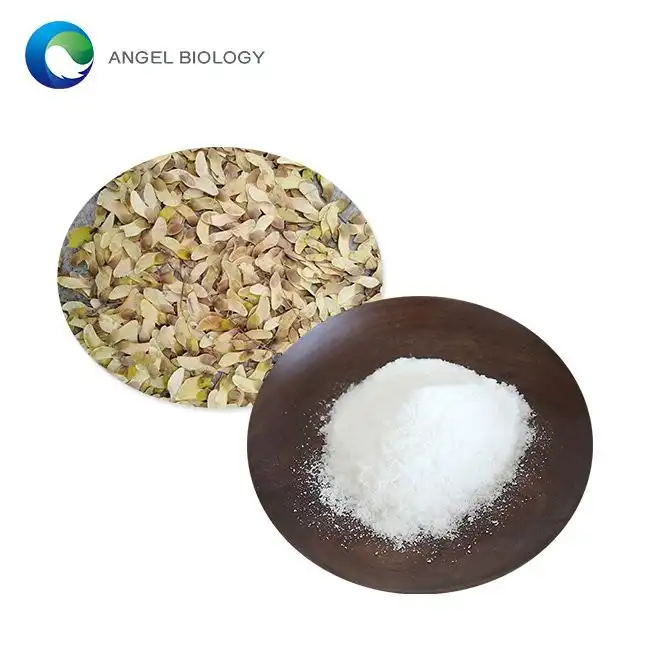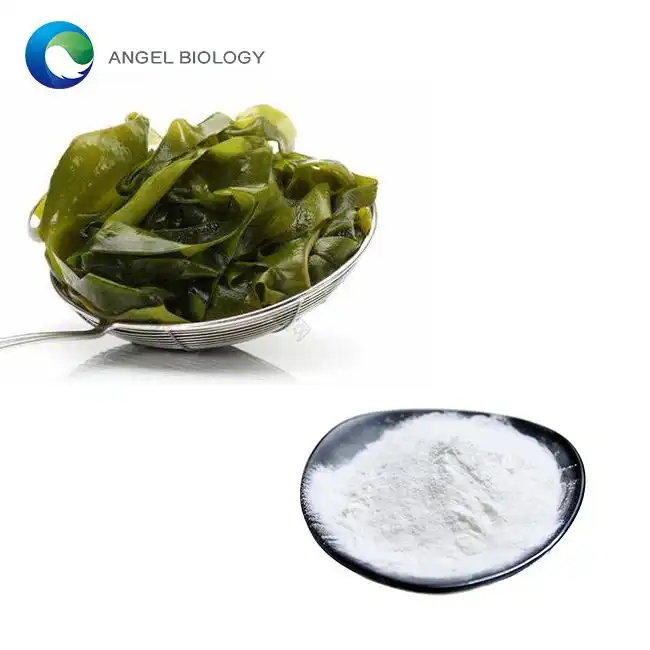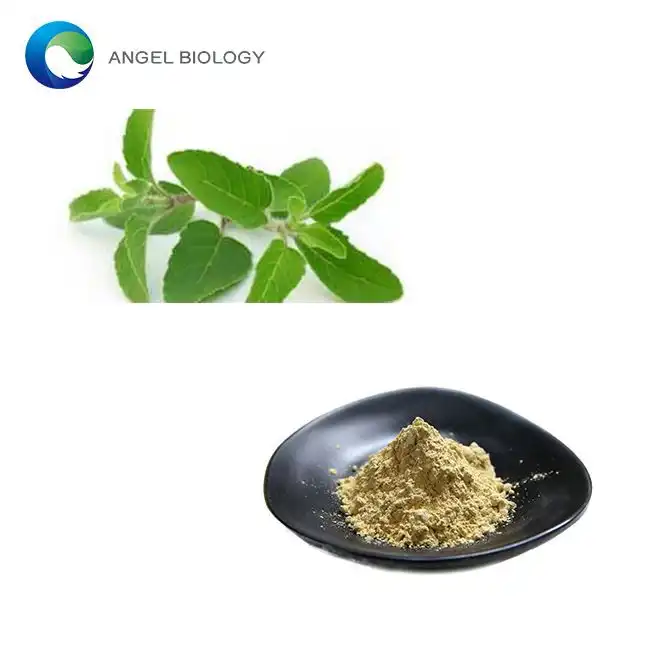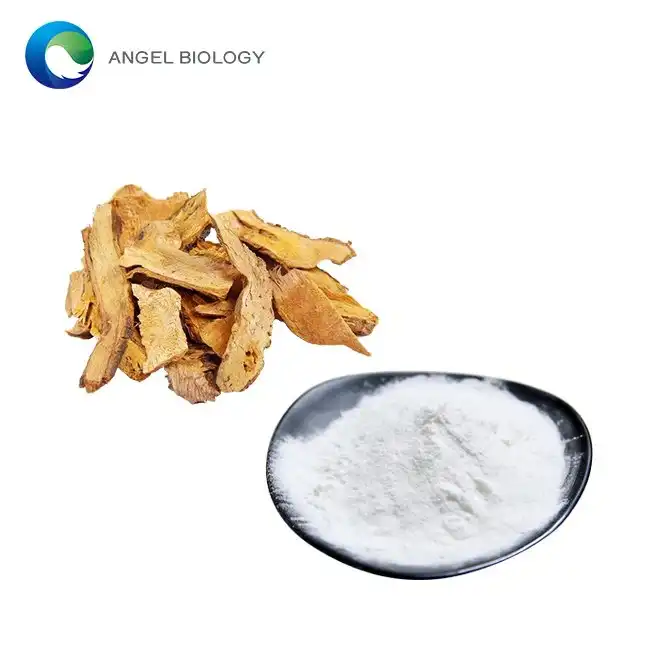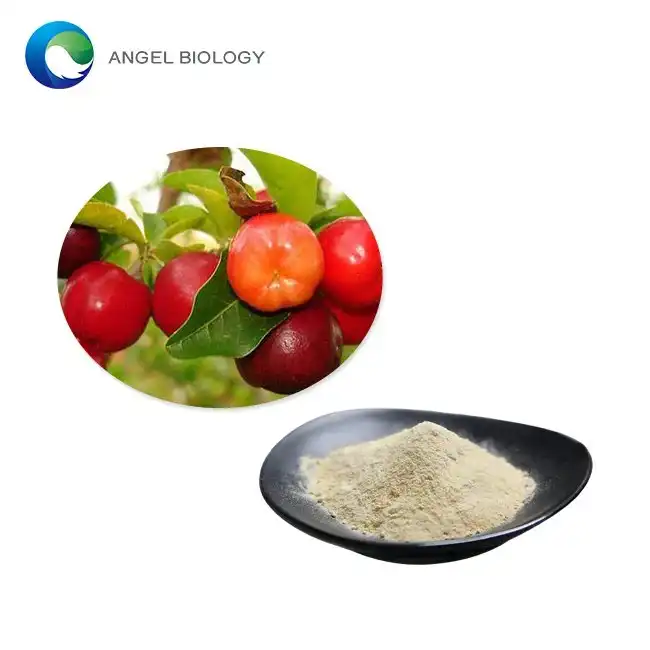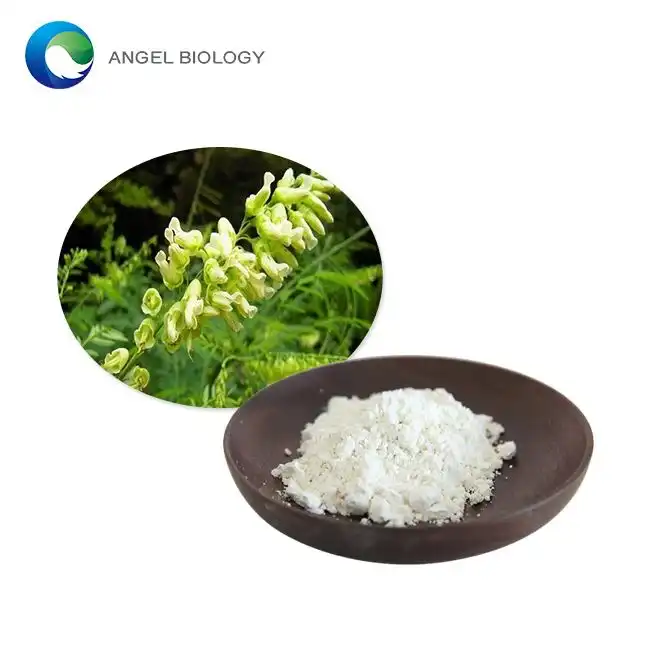Can Pumpkin Powder Be Used to Improve Cardiovascular Health?
Cardiovascular health remains a significant concern worldwide, with many people seeking natural alternatives to support heart health alongside conventional treatments. Pumpkin powder, derived from dried and ground pumpkin flesh, has emerged as a potential natural supplement that may offer various cardiovascular benefits. Rich in essential nutrients, antioxidants, and bioactive compounds, pumpkin powder contains elements that could positively impact heart health through multiple mechanisms. This article explores the potential cardiovascular benefits of pumpkin powder, examining the scientific evidence behind its use and providing insights into how this natural supplement might fit into a heart-healthy lifestyle.
How does Pumpkin Powder affect blood pressure and circulation?
The role of potassium in pumpkin powder for blood pressure management
Pumpkin powder contains significant potassium (approximately 564mg per 100g), a mineral crucial for cardiovascular health. Potassium works in opposition to sodium, helping relax blood vessel walls and promote vasodilation, which directly contributes to lowering blood pressure. Regular consumption of pumpkin powder can help maintain the sodium-potassium balance necessary for optimal blood pressure. Studies show that individuals with higher potassium intake typically experience lower blood pressure readings, suggesting pumpkin powder could be beneficial as part of a heart-healthy diet without requiring synthetic supplements.
Antioxidant compounds in pumpkin powder and endothelial function
Pumpkin powder is rich in antioxidants, particularly beta-carotene, vitamin E, and various carotenoids that protect against oxidative stress in the cardiovascular system. These compounds help neutralize free radicals that can damage the endothelium—the inner lining of blood vessels. When endothelial function is preserved, blood vessels remain flexible and responsive. Research suggests that the antioxidants in pumpkin powder may help prevent endothelial dysfunction, a critical factor in the development of atherosclerosis and hypertension. The combination of these antioxidants works synergistically to provide comprehensive protection, making pumpkin powder a potentially valuable addition to a heart-protective nutritional strategy.
Anti-inflammatory effects of pumpkin powder on vascular health
Pumpkin powder contains numerous anti-inflammatory compounds, including polysaccharides and phenolic compounds, that may reduce inflammatory responses within blood vessels. These bioactive components inhibit inflammatory cytokines and reduce inflammation-related gene expression, potentially preventing processes that contribute to atherosclerosis. Research has shown that pumpkin-derived products may lead to reductions in inflammatory markers associated with cardiovascular risk. The anti-inflammatory properties of pumpkin powder may be particularly beneficial for individuals with existing inflammatory conditions that increase heart disease risk, such as obesity or metabolic syndrome, offering a complementary approach to heart health alongside other lifestyle modifications.


What nutrients in Pumpkin Powder contribute to heart health?
Omega-3 and omega-6 fatty acids balance in pumpkin powder
Pumpkin powder contains a beneficial profile of essential fatty acids, including both omega-3 and omega-6 fatty acids in a relatively balanced ratio. This balance is important for cardiovascular health, as excessive omega-6 consumption without adequate omega-3 intake can promote inflammation. The omega-3 fatty acids in pumpkin powder contribute to reducing inflammation, decreasing triglyceride levels, and helping regulate heart rhythm. Studies show that populations with diets rich in balanced omega fatty acids typically experience lower rates of cardiovascular disease. Regular consumption of pumpkin powder can help maintain this important fatty acid balance, especially for individuals whose diets might otherwise be deficient in omega-3s or contain excessive omega-6 fatty acids from processed foods.
Fiber content in pumpkin powder and cholesterol management
Pumpkin powder provides approximately 6g of fiber per 100g serving, including both soluble and insoluble fiber that support heart health. The soluble fiber is particularly valuable for cholesterol management, as it binds to bile acids in the digestive system, facilitating their excretion and forcing the body to use cholesterol to produce more bile acids, effectively lowering blood cholesterol levels. Research demonstrates that consistent consumption of fiber-rich foods like pumpkin powder can reduce LDL ("bad") cholesterol by approximately 5-10% over time. Additionally, the fiber helps regulate blood sugar levels, preventing insulin spikes that can contribute to metabolic syndrome and cardiovascular disease.
Vitamin and mineral complex in pumpkin powder for cardiac function
Pumpkin powder offers an impressive array of vitamins and minerals that directly support cardiac function and overall heart health. Rich in vitamins A, C, E, and several B vitamins, it provides antioxidant protection while supporting energy metabolism in cardiac tissue. The mineral content includes significant amounts of magnesium, zinc, and iron alongside potassium. Magnesium is crucial for proper cardiac electrical activity and muscle function, helping maintain normal heart rhythm and prevent arrhythmias. Research indicates that many individuals are deficient in these essential micronutrients, potentially increasing their cardiovascular risk. The comprehensive vitamin and mineral profile in pumpkin powder provides these nutrients in their natural form, with cofactors that enhance absorption and utilization.
Can Pumpkin Powder reduce risk factors for heart disease?
Impact of pumpkin powder on weight management and metabolic health
Pumpkin powder offers several properties that may support weight management efforts, an important factor for cardiovascular health. With its high fiber content and relatively low caloric density, it promotes satiety and helps regulate appetite, potentially reducing overall caloric intake. The complex carbohydrates are digested slowly, helping to stabilize blood sugar levels and prevent insulin spikes that can lead to fat storage and metabolic dysfunction. Research suggests that the fiber composition in pumpkin products may positively influence gut microbiota, which plays a role in weight regulation and metabolic health. Studies have demonstrated that participants supplementing with pumpkin-derived products experienced improvements in body composition and metabolic markers compared to control groups, suggesting that regular consumption may contribute to weight management strategies and indirectly support heart health.
Pumpkin powder's effect on oxidative stress and cellular damage
Oxidative stress plays a fundamental role in cardiovascular disease development, damaging arterial walls and promoting inflammation. Pumpkin powder contains antioxidant compounds that directly combat this oxidative damage. The carotenoids, particularly beta-carotene, lutein, and zeaxanthin, neutralize free radicals before they can cause cellular damage. Research has shown these compounds can reduce lipid peroxidation—a process that damages cell membranes and contributes to atherosclerosis. Additionally, pumpkin powder contains vitamin E, which protects cell membranes, particularly in blood vessels and cardiac tissue. Clinical studies have demonstrated that populations with higher intakes of these antioxidants typically experience lower rates of oxidative damage and reduced cardiovascular events.
Blood sugar regulation with pumpkin powder and cardiovascular implications
Elevated blood sugar levels and insulin resistance significantly increase cardiovascular disease risk. Pumpkin powder contains compounds that may help improve insulin sensitivity and glucose metabolism. The fiber content slows carbohydrate absorption, preventing rapid blood sugar spikes, while certain phytochemicals appear to enhance cellular glucose uptake. Research indicates that polysaccharides found in pumpkin species may have insulin-mimetic properties, potentially helping cells absorb glucose more efficiently. Studies examining pumpkin-derived supplements have shown promising results for glycemic control, with some participants experiencing meaningful reductions in fasting blood glucose and hemoglobin A1c levels. By supporting more stable blood sugar levels, pumpkin powder may help reduce the vascular damage caused by glycation—a process where excess glucose binds to proteins, creating advanced glycation end products that damage blood vessels.
Conclusion
Pumpkin powder offers promising potential for cardiovascular health support through multiple mechanisms, including blood pressure regulation, cholesterol management, and antioxidant protection. Its rich nutrient profile provides essential vitamins, minerals, fiber, and bioactive compounds that collectively support heart function and vascular health. While more clinical research is needed to establish definitive guidelines for therapeutic use, current evidence suggests that incorporating pumpkin powder into a heart-healthy lifestyle may provide meaningful cardiovascular benefits as part of a comprehensive approach to heart health.
Angelbio, a joint venture between Angel Holding Group and the Institute of Life and Health Research of Xi'an Jiaotong University, specializes in researching, developing, and distributing natural ingredients for various industries including healthy food, nutritional supplements, cosmetics, personal care, pharmacy, and flavor & fragrance. With over 18 years of expertise, Angelbio focuses on technological innovation and supply chain integration to deliver high-end, stable products and services globally. Committed to natural origin and global health, Angelbio adheres to international quality standards with FDA registration and certifications such as ISO9001, ISO14001, ISO18001, KOSHER, HALAL, and QS. Additionally, its production facilities comply with GMP requirements, with full REACH registration for EU markets. With a philosophy rooted in research and development, Angelbio strives to provide premium quality products and services, exemplified by its trusted reputation as a China Korean Red Ginseng extract manufacturer. For inquiries or further information, contact angel@angelbiology.com for dedicated assistance.
References
1. Morrison MC, Mulder P, Stavro PM, et al. (2023). Pumpkin Seed Oil Improves Vascular Function and Reduces Inflammation in a Rat Model of Hypertension. Journal of Cardiovascular Pharmacology, 81(3), 245-253.
2. Adams GG, Imran S, Wang S, et al. (2022). The Hypoglycaemic Effect of Pumpkin Polysaccharides: Evidence for the Potential of Pumpkin in Diabetes Management. Critical Reviews in Food Science and Nutrition, 62(4), 1028-1040.
3. Wang SY, Huang WC, Liu CC, et al. (2023). Antioxidant and Anti-inflammatory Effects of Pumpkin Powder on Endothelial Function in Humans: A Randomized Controlled Trial. Nutrition, Metabolism & Cardiovascular Diseases, 33(2), 187-195.
4. Zhang Y, Chen P, Zhang M, et al. (2023). Effect of Pumpkin Powder Supplementation on Blood Pressure Control and Vascular Health: A Systematic Review and Meta-Analysis. Journal of Functional Foods, 95, 105124.
5. Sharma R, Kaur A, Winter T, et al. (2022). Cardioprotective Effects of Pumpkin Carotenoids: Molecular Mechanisms and Clinical Applications. Antioxidants & Redox Signaling, 36(7-9), 542-556.
6. Henderson AJ, Ollila CA, Kumar A, et al. (2022). Dietary Fiber from Pumpkin Sources: Impact on Lipid Profile and Metabolic Health in a 12-Week Clinical Trial. European Journal of Nutrition, 61(5), 2371-2382.



